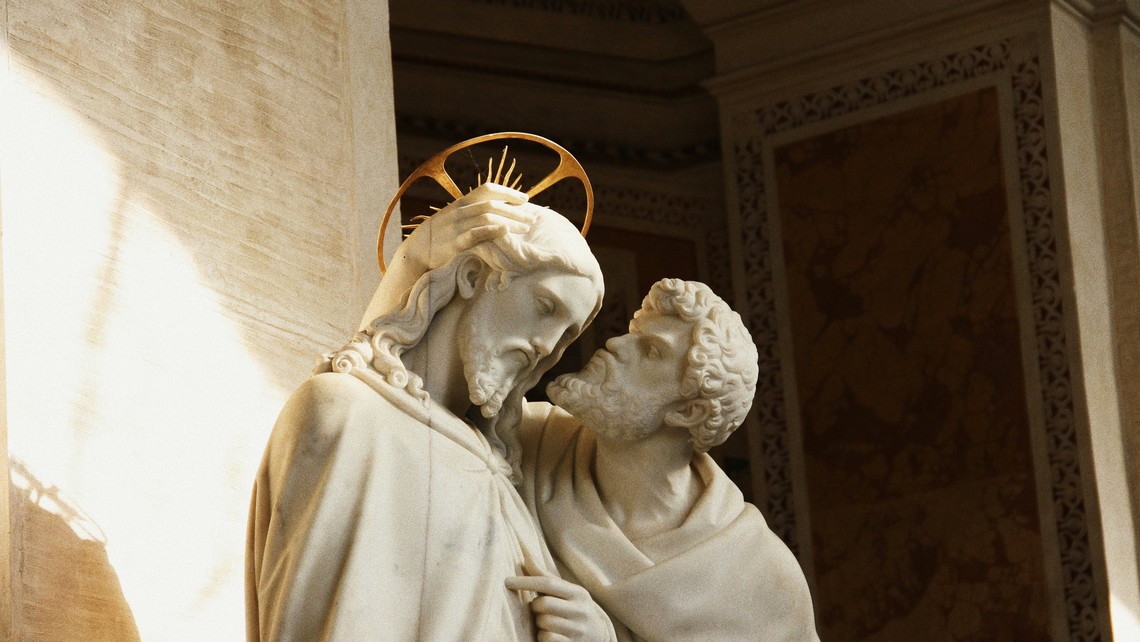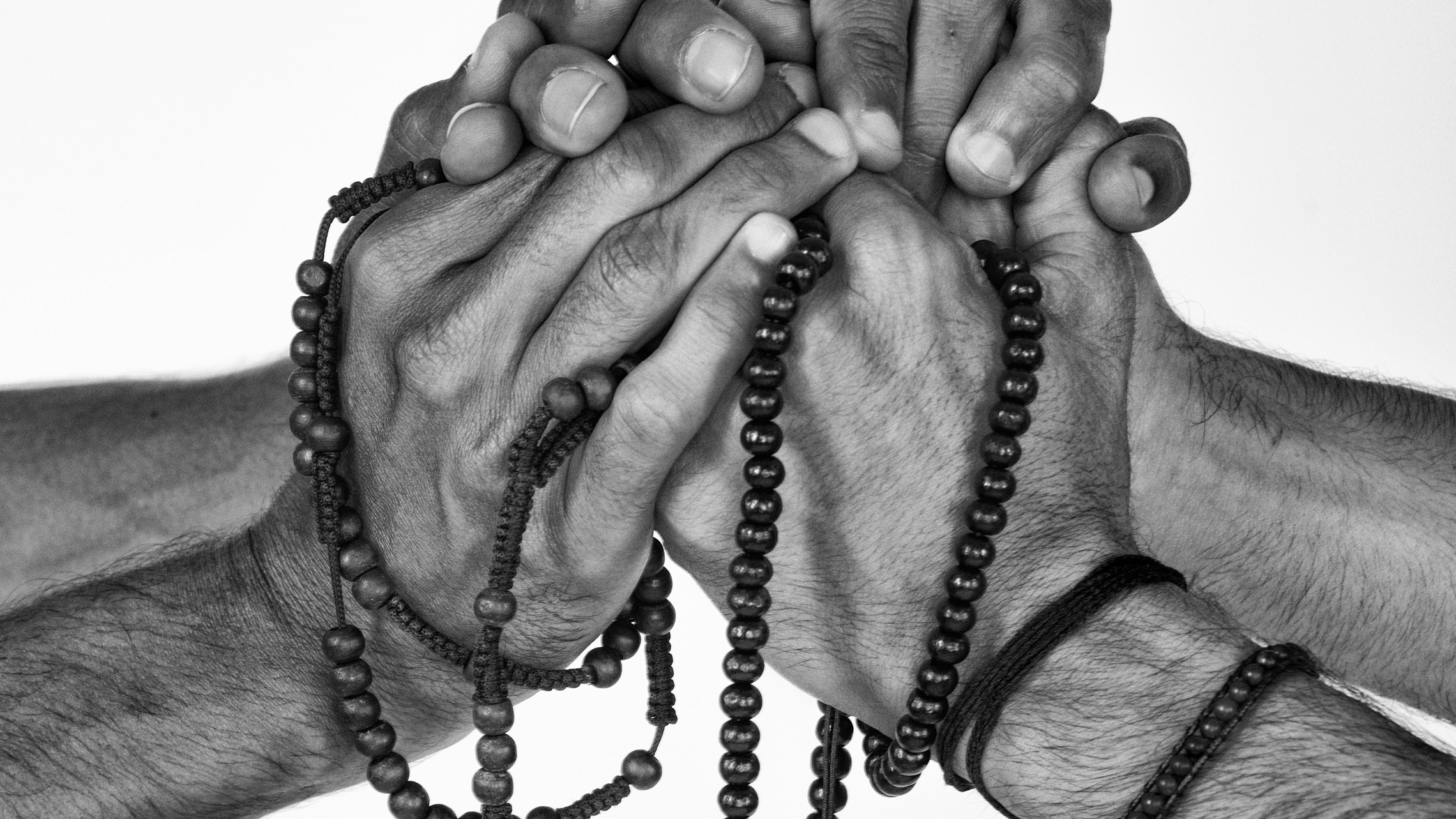
One of the most important tenets that Jesus immediately proposed and explained to those present around him was the importance of living a life of beatitude. He presses an important point of loving your brother by shunning one’s anger. Even more, he reminds those around him that whoever kills is bound to judgment, as the one who holds anger toward his brother is also liable to judgment. The correlation between killing someone and the anger someone holds against someone or something, I argue, should resonate with many, as both tend to go hand in hand. The Gospel of St. Matthew provides us with a full context of this correlation as follows,
You have heard that it was said to the men of old, ‘You shall not kill; and whoever kills shall be liable to judgment.’ But I say to you that everyone who is angry with his brother shall be liable to judgment; whoever insults his brother shall be liable to the council, and whoever says, ‘You fool!’ shall be liable to the hell of fire. So if you are offering your gift at the altar, and there remember that your brother has something against you, leave your gift there before the altar and go; first be reconciled to your brother, and then come and offer your gift. Make friends quickly with your accuser, while you are going with him to court, lest your accuser hand you over to the judge, and the judge to the guard, and you be put in prison; truly, I say to you, you will never get out till you have paid the last penny.[1]
The urgency of Jesus’ message is very revealing as he reminds his disciples of the need to be reconciled with their brother before acknowledging Christ. Jesus ends his discourse on anger by reminding everyone of the necessity to atone for their sins, meaning that no disciple will inherit the Kingdom of God until they have addressed all their sins and reconciled with God. That Jesus correlates anger with death should not surprise many people, as one action serves as the ignition of the other. The Catechism provides us with a clear correlation of both,
Anger is a desire for revenge. “To desire vengeance in order to do evil to someone who should be punished is illicit,” but it is praiseworthy to impose restitution “to correct vices and maintain justice.” If anger reaches the point of a deliberate desire to kill or seriously wound a neighbor, it is gravely against charity; it is a mortal sin. The Lord says, “Everyone who is angry with his brother shall be liable to judgment.”[2]
There is an important distinction to be made about the relationship between anger and death: the “deliberate desire” to kill someone is an attack on the virtue of charity, which results in a moral sin. With “deliberate” being the operative word in this scenario, the Catechism tells us that deliberate hatred is contrary to charity. Hatred of the neighbor is a sin when one deliberately wishes him evil.[3] Even further, hatred of the neighbor is a grave sin when one deliberately desires him grave harm.[4]
Anger directed toward the harm of a person, as previously mentioned, is both an act against charity and a grave sin. The function of this act is the persecution of another. When one begins to reflect on the nature of anger and how it can lead to the killing of another person, the reasonable mind, I argue, would ask, “How can someone possess that much anger?” The reality of this question is that from the moment sin was conceived by man in his rejection of God, anger began to flourish and manifest in various degrees as identified by the Church.
When someone begins to drift away from their identity as a child of God, the next step is to seek an identity with someone or something else the person can relate to. The loss of one’s identity as a beloved child of God can have a devastating effect on how the person chooses to interact with others. In a desperate attempt to find spiritual and physical acceptance, what is lost in this process without God is a sense of peace. The Catechism reminds us that respect for and development of human life requires peace.[5] Peace refers to the protection and safeguarding of another person and their surroundings. Peace is the tranquility of order, the work of justice, and the effect of charity.[6]
Jesus reminds us in the Sermon on the Mount that you shall not kill.[7] What is important about this reminder is the association of anger as the precipice to killing someone. Whether the person possesses the degree of anger that leads to killing someone out of hatred or revenge, the entire relationship between anger and death attacks the basic premise of the Golden Rule to do unto others as you wish men to do for you.[8] The nature of the Golden Rule is the natural disposition of all to love God and love our neighbor.
In conclusion, the entire drama of anger, death, and the Golden Rule is encapsulated by Jesus’ command to love one another as I have loved you.
This is my commandment, that you love one another as I have loved you. Greater love has no man than this, that a man lay down his life for his friends. You are my friends if you do what I command you. No longer do I call you servants, for the servant does not know what his master is doing; but I have called you friends, for all that I have heard from my Father I have made known to you. You did not choose me, but I chose you and appointed you that you should go and bear fruit and that your fruit should abide; so that whatever you ask the Father in my name, he may give it to you. This I command you, to love one another.[9]






